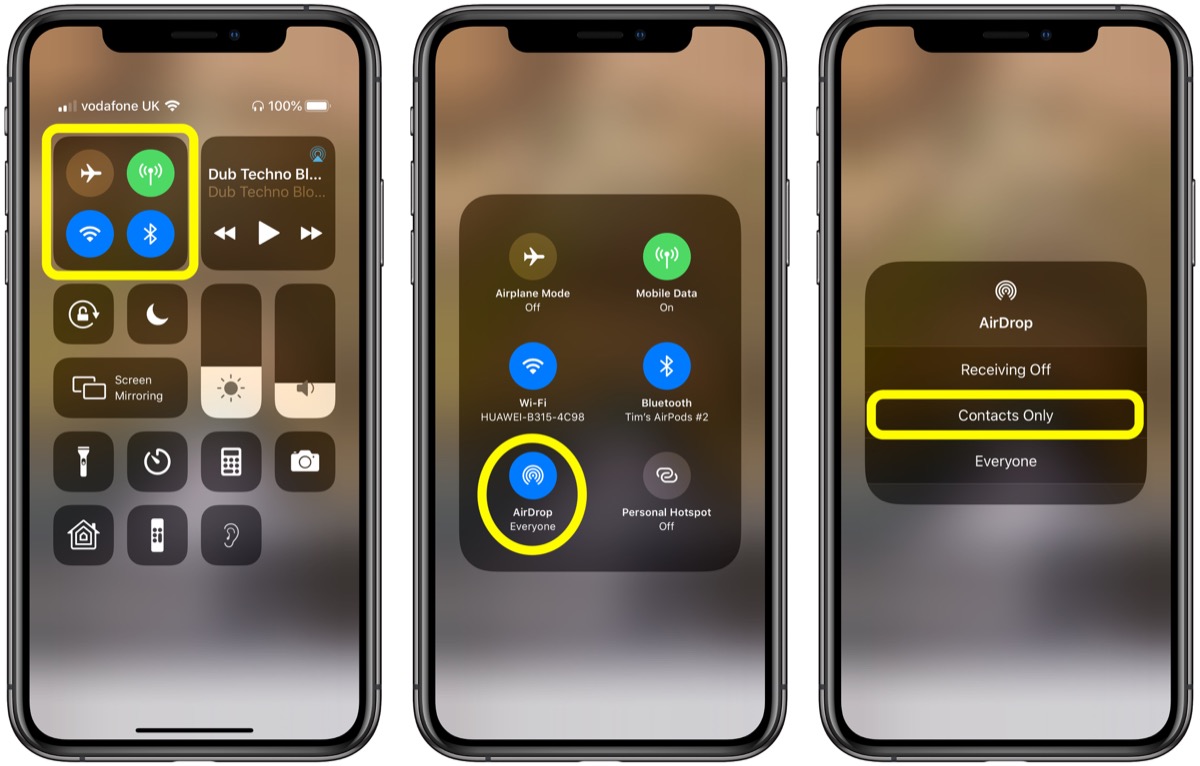
Preparation Before Transferring Data
Before starting the data transfer, prepare your devices and ensure a stable environment. Follow these steps:
- Charge Your Devices: Ensure both your Android device and iPhone are fully charged to prevent interruptions.
- Stable Wi-Fi Connection: A strong Wi-Fi connection is crucial for wireless data transfer.
- Check Storage Capacity: Verify that your iPhone has enough storage for the incoming data.
- Backup Your Data: Use Google services like Gmail or Google Drive to back up your data.
Method 1: Using the Move to iOS App
Apple's Move to iOS app simplifies transferring data from Android to iPhone.
Step-by-Step Guide Using Move to iOS
- Set Up Your iPhone: During setup, tap "From Android" on the "Transfer Your Apps & Data" screen.
- Install Move to iOS on Your Android Device: Download the app from the Google Play Store.
- Open Move to iOS on Your Android Device: Follow the on-screen instructions.
- Connect to Wi-Fi: Ensure both devices use the same Wi-Fi network.
- Generate a Code: The app will generate a code for establishing a temporary Wi-Fi network.
- Enter the Code on Your iPhone: Input the code on the "Transfer Data from Android" screen.
- Select Data to Transfer: Choose the data types to transfer and tap "Continue."
- Wait for the Transfer Process: Keep both devices connected until the loading bar completes.
- Complete Setup: Tap "Done" on your Android device and finish setting up your iPhone.
Limitations of Move to iOS
- Does not support all data types
- Time-consuming for large datasets
- Only works if the iPhone has not been set up yet
Method 2: Using AnyTrans
AnyTrans offers a comprehensive data transfer solution.
Step-by-Step Guide Using AnyTrans
- Download and Install AnyTrans: Install AnyTrans on your computer.
- Connect Both Devices: Use USB cables to connect your Android device and iPhone.
- Launch AnyTrans: Open AnyTrans and select "Phone Switcher."
- Choose Transfer Mode: Click "Phone to iPhone" and select your source and target devices.
- Start Transfer: Click "Next" to begin transferring data.
- Monitor Transfer Progress: Watch the transfer progress on your screen.
- Complete Setup: Follow on-screen instructions to finish setting up your iPhone.
Advantages of Using AnyTrans
- Supports all data types
- Faster transfer speed
- User-friendly interface
- Compatible with all iPhone models and iOS versions
Method 3: Using Google Services
Google services like Google Drive or Gmail can also facilitate data transfer.
Step-by-Step Guide Using Google Services
- Backup Data on Your Android Device: Sync important data to your Google account.
- Sync Google Account with Your iPhone: Add your Gmail credentials in the iPhone's settings.
- Upload Files to Google Drive: Upload files to a Google Drive folder.
- Download Files from Google Drive: Access and download files from the Google Drive app on your iPhone.
Advantages of Using Google Services
- Seamless integration with existing Google services
- Ample cloud storage for large files
- Automatic syncing of data
Troubleshooting Common Issues
Encountering issues during the transfer process? Here are some tips:
- Insufficient Storage: Ensure enough storage capacity on your iPhone.
- Stable Wi-Fi Connection: Restart your router or move closer to it for better signal strength.
- Data Transfer Time: Be patient and keep both devices connected.
- Code Issues: Double-check the code and restart devices if necessary.
- Data Compatibility: Transfer incompatible data types manually using other methods.
Post-Transfer Checklist
After completing the transfer, verify that all data has migrated successfully:
- Verify Contacts: Open the Contacts app on your iPhone.
- Check Messages: Open the Messages app.
- Verify Photos and Videos: Open the Photos app.
- Check Call Logs: Open the Phone app.
- Check WhatsApp Data: Open WhatsApp to ensure chat history has transferred.
- Check Other Apps: Open each app individually to verify successful transfer.
By following these steps and troubleshooting tips, you can ensure a smooth transition from your Android device to your new iPhone.
